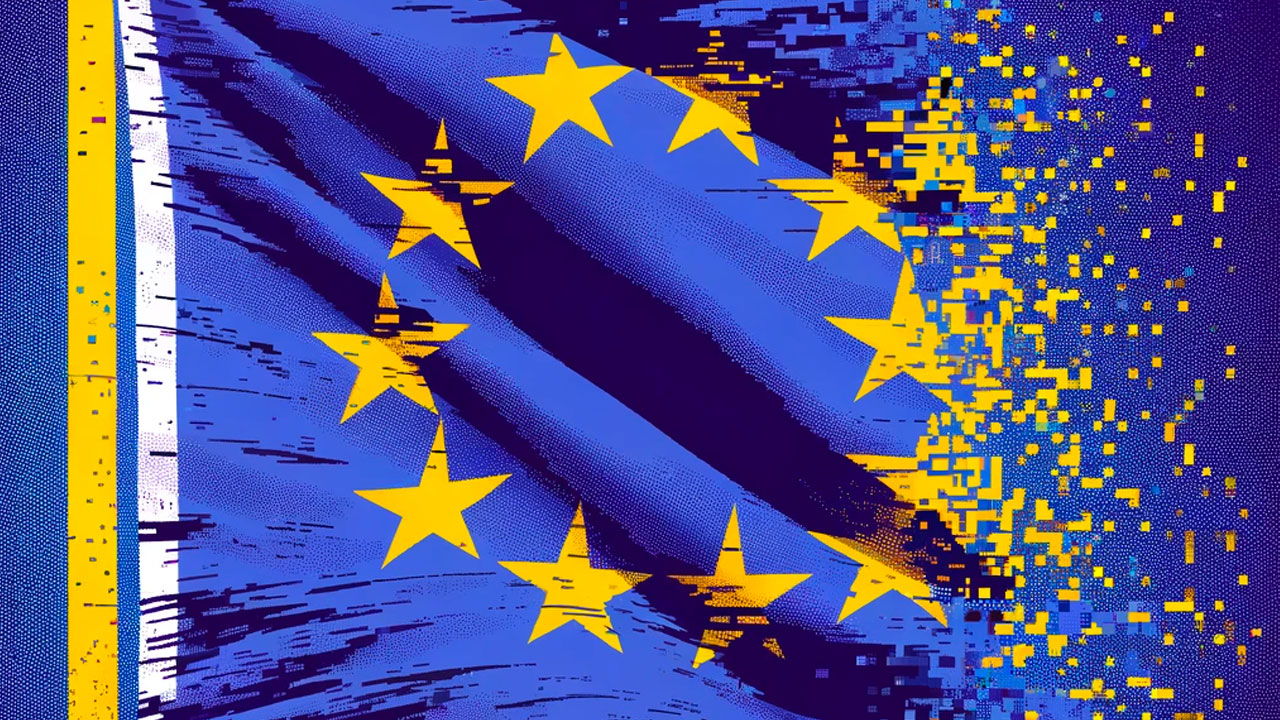
After an intense journey lasting over two years, filled with extensive lobbying, political maneuvering, and marathon negotiations, the European Union has finally sealed the deal on its European Union AI Act. This landmark legislation is set to be the first of its kind globally, revolutionizing the AI landscape.
The AI Act introduces mandatory legal requirements for tech companies. They will now have to inform users when they’re interacting with AI systems, like chatbots, biometric categorization, or emotion recognition technologies. Additionally, companies must clearly label AI-generated content and deepfakes, ensuring these can be identified easily. This move goes beyond the voluntary promises made by leading AI firms to the White House regarding the development of AI provenance tools, such as digital watermarks.
Furthermore, the Act mandates that all organizations providing crucial services, like insurance and banking, evaluate how their use of AI systems might impact fundamental human rights.

Back in 2021, when the AI Act was first introduced, the digital world buzzed with talk of the metaverse. Fast forward to today’s post-ChatGPT era, and the conversation has shifted towards ‘foundation models’ – versatile, powerful AI frameworks that serve various functions. This shift spurred heated debates on the scope of regulation and its potential impact on innovation.
Under the AI Act, foundation models and AI systems built on them are required to maintain comprehensive documentation, adhere to EU copyright laws, and disclose their data training sources. For the most potent models, additional stipulations apply, including disclosures on security and energy efficiency. However, the law specifies stricter regulations only for AI models deemed most powerful, based on their training’s computational intensity. Determining which models fall under this category is left to the companies themselves.
A European Commission official mentioned that it’s uncertain whether models like OpenAI’s GPT-4 or Google’s Gemini would be included, as only the companies know the extent of computing power used in training. As AI technology evolves, the EU may adjust its criteria for defining AI model power.
With the AI Act, the EU introduced a new European AI Office responsible for ensuring compliance, implementation, and enforcement. This pioneering body will be the first to enforce binding AI rules globally. The EU aspires to become the leading technology regulator worldwide. The AI Act includes a scientific panel of independent experts to advise on AI’s systemic risks and classification and testing of models.
Companies failing to comply with these regulations face hefty fines, ranging from 1.5% to 7% of their global sales turnover. This scale depends on the offense’s severity and the company’s size.
Europe will also be among the first regions where citizens can lodge complaints about AI systems and seek explanations for AI-driven decisions. By setting these standards, the EU aims to establish a globally recognized benchmark, much like the GDPR. This means companies operating internationally will need to align with these regulations. The EU’s rules are more stringent than those in the US, such as the White House executive order, as they are legally binding.
The AI Act introduces outright bans on certain AI applications within the EU: sensitive biometric categorization systems; indiscriminate scraping of facial images for recognition databases; emotion recognition in workplaces or schools; social scoring; AI that manipulates human behavior; and AI exploiting vulnerabilities.
Predictive policing is prohibited unless it involves clear human assessment and objective facts, preventing decisions based solely on algorithmic suggestions. However, the Act exempts AI developed exclusively for military and defense purposes.
A major point of contention has been the regulation of police use of biometric systems in public, which raises concerns about mass surveillance. While the European Parliament advocated for a near-total ban, some member states resisted, citing crime and terrorism prevention. As a compromise, European police forces can use biometric identification systems in public only with court approval and for specific serious crimes, like terrorism and human trafficking. High-risk AI systems not meeting European standards may be used in exceptional public security situations.

The final text of the AI Act is still pending, requiring technical adjustments and approvals from European countries and the EU Parliament. Once enacted, tech companies will have two years to implement the rules. The prohibitions on certain AI uses will come into effect after six months, with developers of foundation models given one year to comply.
In a significant addition to the AI Act, the EU has introduced an AI Transparency and Accountability Framework. This new provision mandates that all AI systems used in decision-making processes affecting the public, particularly in sectors like healthcare, criminal justice, and employment, must have a “Transparency and Explainability Report”.
These reports will be publicly accessible and detail the logic, significance, and consequences of the AI system’s decision-making process. This aims to demystify AI operations, making them more understandable to the general public. Furthermore, an independent body will be established to regularly audit these AI systems for bias, accuracy, and ethical compliance, ensuring ongoing accountability. This move is expected to increase public trust in AI technologies by making their operations more transparent and subject to scrutiny.
The EU’s AI Act, augmented by the new Transparency and Accountability Framework, marks a transformative step in the global approach to AI governance. By establishing stringent regulations that prioritize transparency, ethics, and human rights, the EU is not only setting a high bar for AI development and application but also paving the way for a future where technology and society coexist harmoniously. These measures are expected to foster innovation that is both responsible and aligned with human values.
As companies and organizations worldwide adjust to these new standards, we may witness a significant shift towards AI systems that are not only advanced but also equitable, reliable, and trustworthy. In essence, the EU’s comprehensive approach could redefine the landscape of AI, positioning it as a force for positive change and progress in the global community.

Discover special offers, top stories, upcoming events, and more.

As an Amazon Associate I earn from qualifying purchases. Copyright © 2023 Curious With AI
